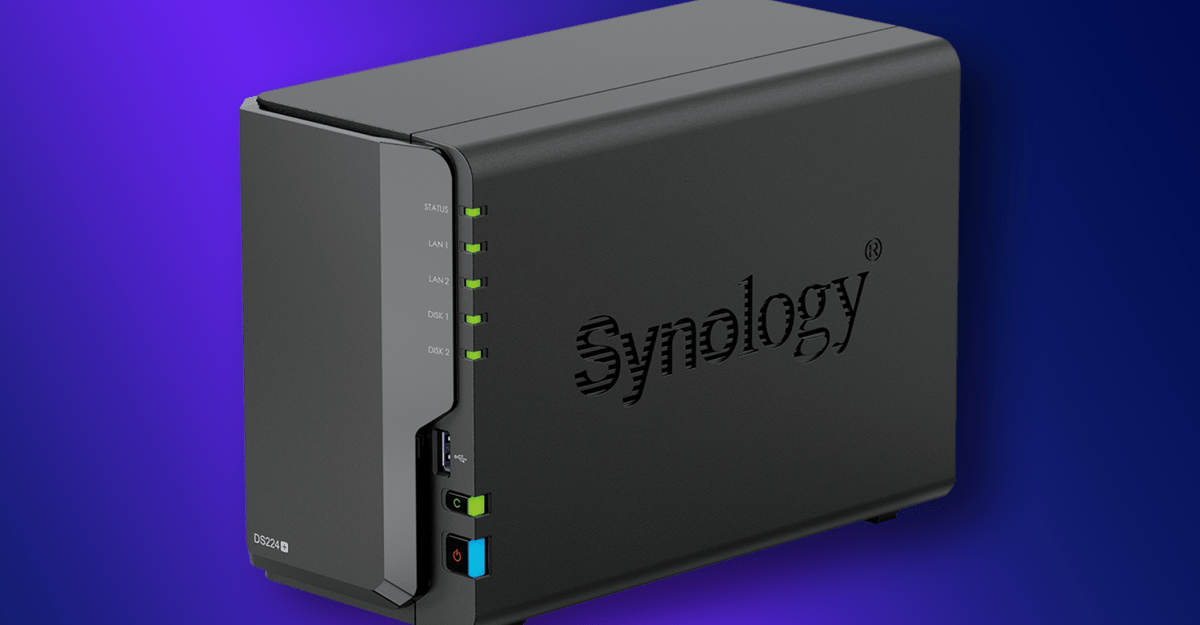Synology Cracks Down: Third-Party Hard Drives Face New Limitations

Synology's New Policy: A Challenging Shift for Drive Users
Synology, a popular network-attached storage (NAS) manufacturer, is set to implement significant changes that could complicate how users manage their own drives. The company's upcoming policy shifts are raising eyebrows among tech enthusiasts and loyal customers who have long appreciated the flexibility of their storage solutions.
In a move that signals a more restrictive approach, Synology is tightening its guidelines around drive compatibility and usage. This means that users who have traditionally enjoyed the freedom to use their preferred hard drives might soon face unexpected limitations.
The new restrictions are expected to impact both casual home users and small business owners who rely on Synology's NAS systems for data storage and management. While the exact details are still emerging, early indications suggest that the company will impose stricter requirements on drive selection and installation.
For many Synology users, this represents a significant departure from the brand's previous open ecosystem. The potential implications include increased costs, reduced flexibility, and a more controlled user experience that may not align with the diverse needs of their customer base.
Tech enthusiasts and Synology users are advised to stay informed about these upcoming changes and carefully review the new guidelines to understand how they might affect their current storage setups.
